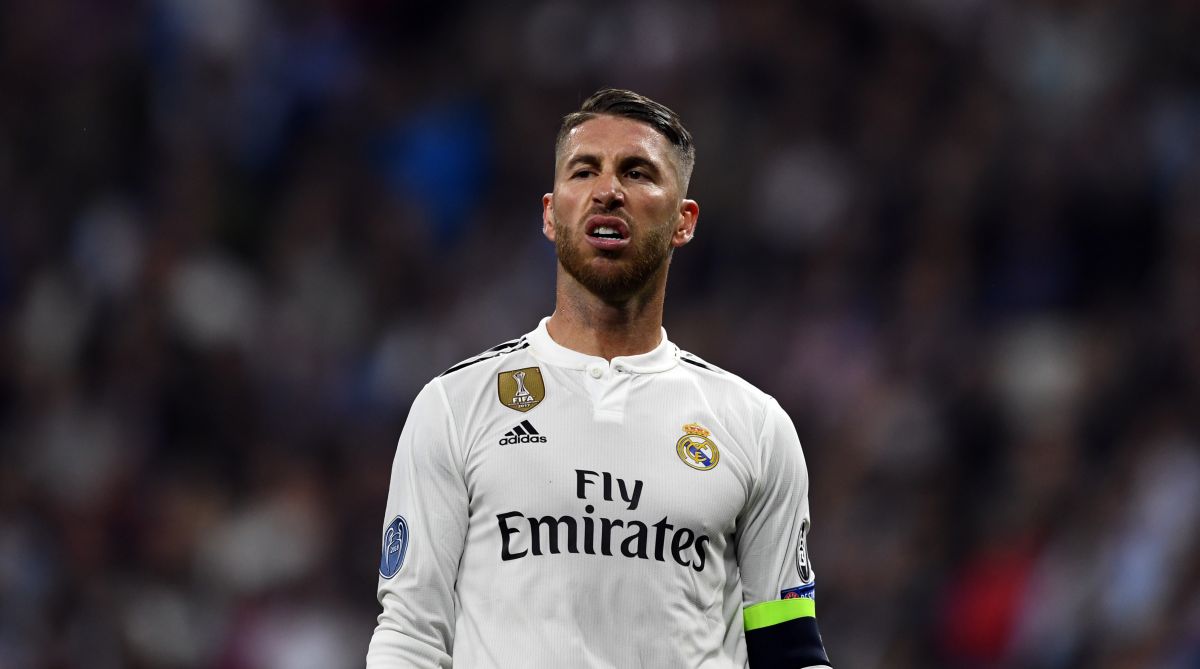Real Madrid captain Sergio Ramos hails manager Zinedine Zidane after winning La Liga 2019-20
Zinedine Zidane also heaped praises on the efforts of Sergio Ramos and lauded how he has led Real Madrid on the field before calling him the true captain.
Real Madrid defender Sergio Ramos has dismissed anti-doping allegations against him as a “lie” and a deliberate attempt to tarnish his reputation.

Real Madrid skipper Sergio Ramos. (Photo: AFP)
Real Madrid defender Sergio Ramos has dismissed anti-doping allegations against him as a “lie” and a deliberate attempt to tarnish his reputation.
According to the German magazine Der Spiegel, Ramos failed to declare he had taken dexamethasone ahead of the 2017 Champions League final at the Millennium Stadium in Cardiff, in which Real beat Juventus 4-1.
Advertisement
The club denied the claims on Friday night and Ramos, speaking after Real lost 3-0 at Eibar on Saturday, made a staunch defence of his record.
Advertisement
“I am calm,” Ramos said. “It is true that it hurts, and obviously I will come out with my legal team against these people, who try to stain my status and my professional career.
“After 15 years, I have never refused an anti-doping test, I have never breached any procedure and I have passed around 250 to 300 tests. For this reason, I am calm.”
Ramos added: “When you know the truth, you can act with a lot of tranquility. You can tell the lie many times over but it is still a lie.”
Dexamethasone is a glucocorticoid on the banned list of the World Anti-Doping Agency (WADA). The substance can have anti-inflammatory effects and increase concentration.
WADA does not prohibit players taking dexamethasone before games, as long as it is declared during a doping test. Der Spiegel claims Ramos and the Real Madrid team doctor instead registered betamethasone, another glucocorticoid on WADA’s banned list.
However the magazine also reports that UEFA were satisfied the mistake was an administrative error and took no disciplinary action.
In a statement, Real Madrid said that Ramos “has never breached the anti-doping control regulations” and that UEFA “closed the matter immediately”, following the “verification of experts from the World Anti-Doping Agency, AMA, and UEFA itself”.
The club continued: “Regarding the rest of the content from the aforementioned publication, the club will not pronounce on evidence that is so insubstantial.”
Advertisement